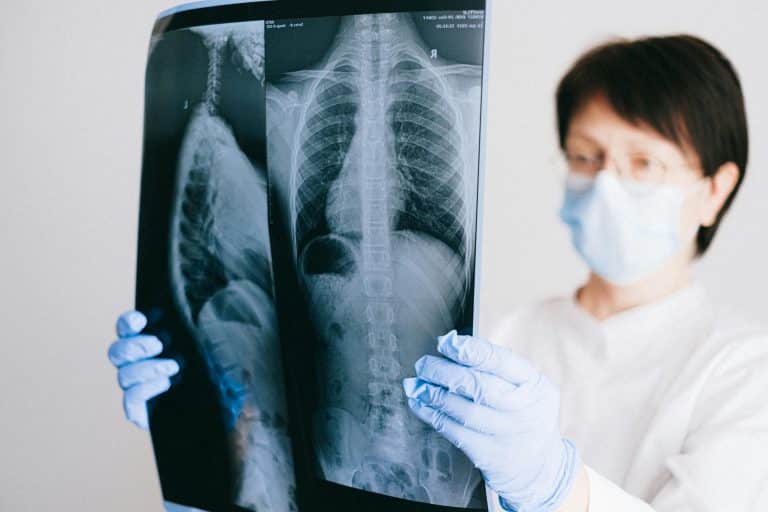How to Speed Up Post-Workout Recovery Naturally?
After a tough workout, your body needs care to bounce back faster. Simple habits like sleeping well, eating the right foods, and moving gently can make a huge difference. Feeling sore or exhausted doesn’t have to be normal. Follow these natural recovery tips, and you’ll heal quicker, feel stronger, and enjoy your workouts more.
Key Takeaways
- Prioritize Quality Sleep: Deep rest is your body’s best recovery tool.
- Stay Hydrated: Replenish fluids quickly to calm your body post-workout.
- Fuel with Protein: Eat nutrient-rich meals to rebuild and repair muscles.
- Keep Moving: Light activity reduces stiffness and supports circulation.
- Use Stretching & Temperature Therapy: Improve blood flow and ease soreness naturally.
Best Natural Methods to Speed Up Post-Workout Recovery
Sleep Well to Repair Muscles Faster
When you sleep, your body gets to work fixing the tiny tears in your muscles from training. Growth hormone kicks in, inflammation calms down, and your muscles rebuild so you feel stronger the next day. Skip good sleep, and you pile up stress, fatigue, and pain instead of progress.
One study on over 300 athletes showed that poor sleep made recovery harder and left them feeling more worn out. Another review found that adding extra sleep boosted growth hormone and sped up muscle healing—proving rest is real recovery.
Drink Enough Water to Rehydrate Quickly
When you sweat a lot during exercise, your body loses water, and that makes it harder to recover. If you drink enough water right after your workout, you help your heart rate calm down faster, your blood pressure settle, and your breathing return to normal.
Your body feels less stressed and bounces back more quickly. One study found that water helped the heart recover faster after exercise, while another showed it improved blood pressure, oxygen levels, and breathing. Simply drinking water makes recovery smoother and easier.
Eat Protein and Nutrients to Rebuild Tissue
Eating enough protein after exercise helps your body repair tiny tears in muscle fibers and rebuild them stronger, which is the foundation of recovery. It also restores important nutrients that get used up during training.
Research strongly supports this: one review found that consuming protein after workouts boosts muscle protein synthesis and supports both endurance and strength recovery. Another meta-analysis of 29 studies showed protein intake helped maintain strength and reduce muscle damage markers within 24–96 hours post-exercise, highlighting its vital role in speeding recovery.
Do Light Activity to Reduce Muscle Stiffness
Engaging in light activity after an intense workout helps reduce muscle stiffness by boosting blood circulation, flushing out waste products, and delivering fresh oxygen and nutrients to tired muscles. This gentle movement prevents the muscles from tightening up, making recovery smoother and less painful.
Supporting this, one study found that light-emitting diode therapy significantly reduced delayed-onset muscle soreness and improved joint range of motion after exercise. Another study on identical twins revealed that the therapy enhanced recovery, reduced muscle damage, and even promoted hypertrophy. Together, these findings highlight how gentle activity can speed recovery.
Stretch to Improve Flexibility and Blood Flow
Stretching after a workout does more than just loosen tight muscles, it helps your body recover faster by boosting flexibility and improving blood circulation. Better blood flow delivers oxygen and nutrients to tired muscles while also helping clear out waste products that build up during exercise, which speeds up recovery.
Research supports this: one study found that static stretching influenced muscle blood circulation and lowered heart rate during recovery, while another showed that daily passive stretching enhanced blood vessel function and even promoted new capillary growth, leading to improved muscle blood flow and recovery efficiency.
Alternate Cold and Heat for Faster Recovery
Switching between cold and heat after a tough workout gives your muscles the boost they need to recover faster. Cold calms swelling and dulls the ache, while heat relaxes tight muscles and gets your blood moving so your body clears out waste more easily.
That’s why many athletes look for gyms with hot tub access, since the warm water makes it easy to relax and recover after training. In one study, people who used heat or cold right after exercise lost only 4% of their strength, compared to 24% without it. Another review of 59 studies also showed both methods help ease soreness and speed up recovery.








